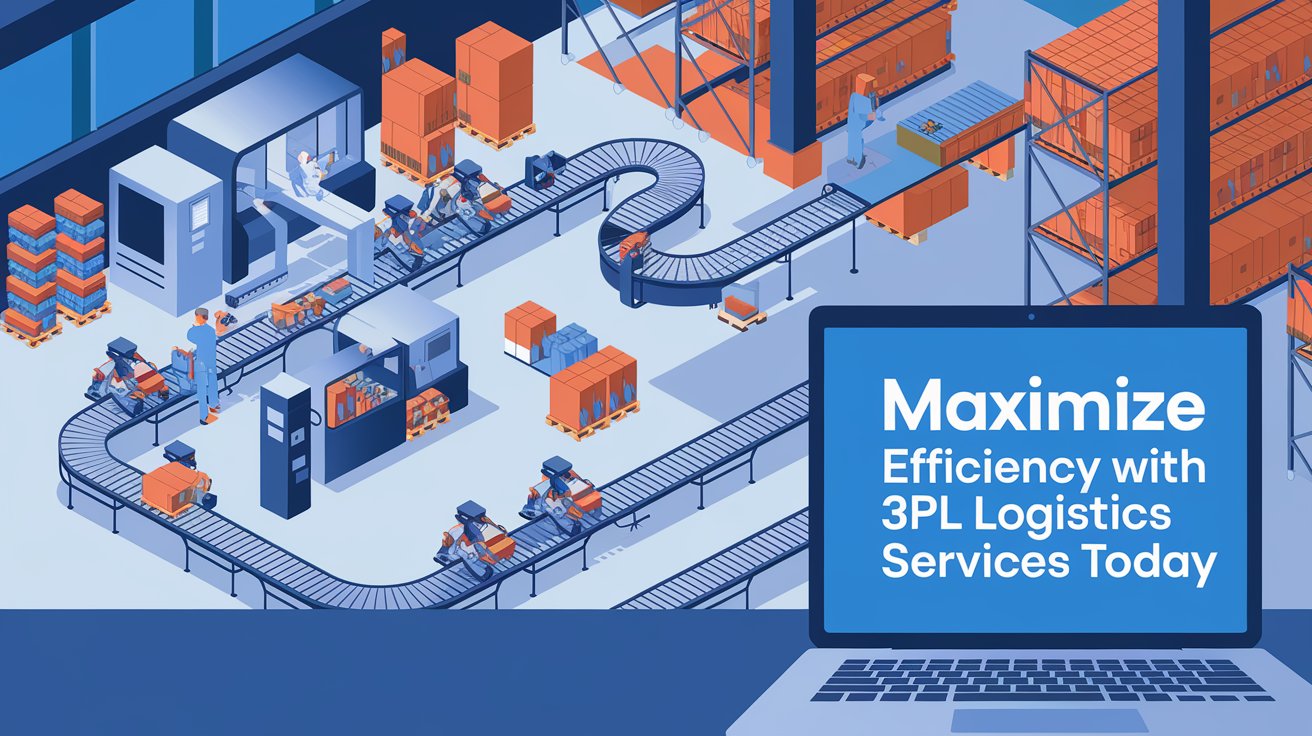Wholesale distributors play a crucial role in the supply chain, serving as intermediaries between manufacturers and retailers or consumers. Their function is not only essential for maintaining a steady flow of goods but also contributes significantly to the broader economy. In this article, we will explore the role of wholesale distributors, the benefits they provide, the types of Distributors, and the key considerations businesses need to keep in mind when working with them.
What is a Wholesale Distributor?
A wholesale distributor is a business or entity that purchases large quantities of goods directly from manufacturers and sells them in smaller quantities to retailers, wholesalers, or sometimes directly to consumers. Distributors typically focus on a specific range of products, often based on industry sectors such as electronics, clothing, food, and hardware.
Wholesale distributors act as intermediaries, making it easier for retailers to access products without needing to buy directly from manufacturers. This not only reduces the complexity and cost for retailers but also enables manufacturers to focus on production rather than managing smaller retail accounts.
The Role of Wholesale Distributors in the Supply Chain
Wholesale distributors are a critical component of the supply chain for several reasons:
1. Bulk Purchasing and Inventory Management:
Wholesale distributors are able to purchase large quantities of goods from manufacturers at discounted rates due to their buying power. This enables them to stock inventory and provide products in smaller, more manageable quantities to retailers or businesses. Retailers, in turn, benefit from having access to a wide range of products without the need to invest in large amounts of inventory upfront.
2. Logistics and Distribution:
Distributors are responsible for ensuring that products move efficiently from manufacturers to retailers or other customers. This includes managing transportation, warehousing, and inventory systems. They streamline the distribution process by organizing deliveries, sometimes directly to customers or through regional warehouses.
3. Market Knowledge and Expertise:
Wholesale distributors often specialize in specific types of products or industries, giving them valuable expertise that can help retailers select the right products for their target markets. Their experience allows them to identify trends, understand market demands, and recommend products that will perform well in the marketplace.
4. Risk Mitigation:
Distributors help reduce the risks that manufacturers and retailers face. Manufacturers can minimize the financial risk of selling to numerous small retailers, while retailers can lower their risk by working with a trusted distributor who takes care of the purchasing, storage, and logistics processes.
Types of Wholesale Distributors
There are several types of Wholesale Distributors Usa, each serving a different market need. Understanding these types is essential for businesses looking to partner with distributors that best align with their goals.
1. Merchant Wholesalers:
Merchant wholesalers are the most common type of wholesale distributor. They buy products in bulk from manufacturers and sell them to retailers. Merchant wholesalers take ownership of the products they sell and manage the entire inventory, including storage, shipping, and customer service. They are responsible for the risk associated with the products they stock and sell.
2. Brokers:
Brokers act as intermediaries between manufacturers and buyers but do not take ownership of the products. Instead, they facilitate transactions between manufacturers and buyers by providing market knowledge and connecting both parties. Brokers earn commissions or fees for their services but do not bear the risk of holding inventory.
3. Agents:
Similar to brokers, agents represent either the manufacturer or the retailer but usually focus on a specific geographic area. Agents may help negotiate deals or facilitate the distribution process, but they also do not take ownership of the products. Instead, they are compensated through commissions for the deals they facilitate.
4. Drop Shippers:
Drop shipping is a unique type of distribution model where wholesalers do not hold inventory at all. Instead, they pass on customer orders to the manufacturer or supplier, who directly ships the product to the customer. Drop shipping eliminates the need for warehousing and can be an attractive option for businesses looking to minimize overhead costs. However, it may come with less control over product quality and delivery timelines.
5. Industrial Distributors:
Industrial distributors specialize in the distribution of products used by businesses in manufacturing and other industrial sectors. These distributors often handle large-scale machinery, parts, tools, and raw materials, making them an essential resource for businesses in construction, automotive, and other heavy industries.
Benefits of Working with Wholesale Distributors
For businesses, working with wholesale distributors offers a range of advantages. Some of the key benefits include:
1. Cost Savings:
Wholesale distributors typically offer lower prices than manufacturers would to individual retailers, as they buy in bulk and pass on the savings to their clients. Businesses can save on inventory management, storage costs, and shipping by outsourcing these tasks to distributors.
2. Access to a Broader Product Range:
By working with wholesale distributors, businesses can gain access to a wider variety of products from multiple manufacturers. This is particularly useful for retailers who want to offer a diverse range of goods without having to negotiate with numerous suppliers.
3. Reduced Operational Burden:
Managing inventory, storage, and logistics can be a significant burden for small businesses. By partnering with wholesale distributors, businesses can offload these responsibilities, allowing them to focus on other aspects of their operations, such as marketing and sales.
4. Scalability:
Wholesale distributors allow businesses to scale up more easily by providing access to a larger volume of products without the need to invest in additional resources or infrastructure. This flexibility is especially beneficial for companies that are expanding or entering new markets.
5. Improved Cash Flow:
Purchasing products from wholesale distributors allows businesses to manage their cash flow better by taking advantage of flexible payment terms or lower upfront costs. This flexibility can help businesses maintain financial stability, especially during times of fluctuating demand.
Key Considerations When Choosing a Wholesale Distributor
While there are numerous benefits to working with Amazon Distributors Usa, choosing the right one requires careful consideration. Here are some factors to keep in mind:
1. Product Quality:
It’s essential to ensure that the products being distributed meet the required quality standards. Working with a distributor that provides high-quality goods will help businesses maintain customer satisfaction and brand reputation.
2. Reliability and Timeliness:
The distributor’s ability to deliver products on time is critical. Delays in supply can result in missed sales opportunities and dissatisfied customers. Ensure that your chosen distributor has a proven track record of meeting deadlines and maintaining a consistent supply chain.
3. Pricing and Payment Terms:
Negotiate competitive pricing and favorable payment terms with your distributor. A transparent pricing structure can help businesses manage their budgets and avoid unexpected costs. It’s also important to ensure the distributor offers flexible payment options that align with your cash flow cycle.
4. Geographical Reach:
The geographic coverage of a distributor is another important consideration, especially for businesses that operate in multiple regions. Ensure the distributor can effectively service your target markets and handle logistics in those areas.
5. Customer Service:
A distributor with strong customer service can help resolve issues quickly, whether related to product quality, shipping delays, or returns. Clear communication and quick responses to queries are essential when selecting a distributor.
6. Legal and Regulatory Compliance:
Ensure that the distributor complies with all relevant industry regulations, including health and safety standards, import/export regulations, and environmental laws. This helps reduce the risk of legal complications.
Conclusion
Wholesale distributors are essential for efficient supply chain management, offering cost-effective, reliable, and scalable solutions for businesses of all sizes. By understanding the different types of distributors, their roles in the supply chain, and the benefits they offer, businesses can make informed decisions when selecting a distributor. However, it’s crucial to evaluate key factors such as product quality, reliability, and customer service to build a lasting and successful partnership.
As the global market continues to evolve, the role of Wholesale Extracts Flavorfrenzy distributors will remain indispensable for businesses looking to maintain competitive advantages and streamline operations. By leveraging the expertise and services of trusted wholesale distributors, companies can ensure the smooth movement of goods and create value for their customers.




